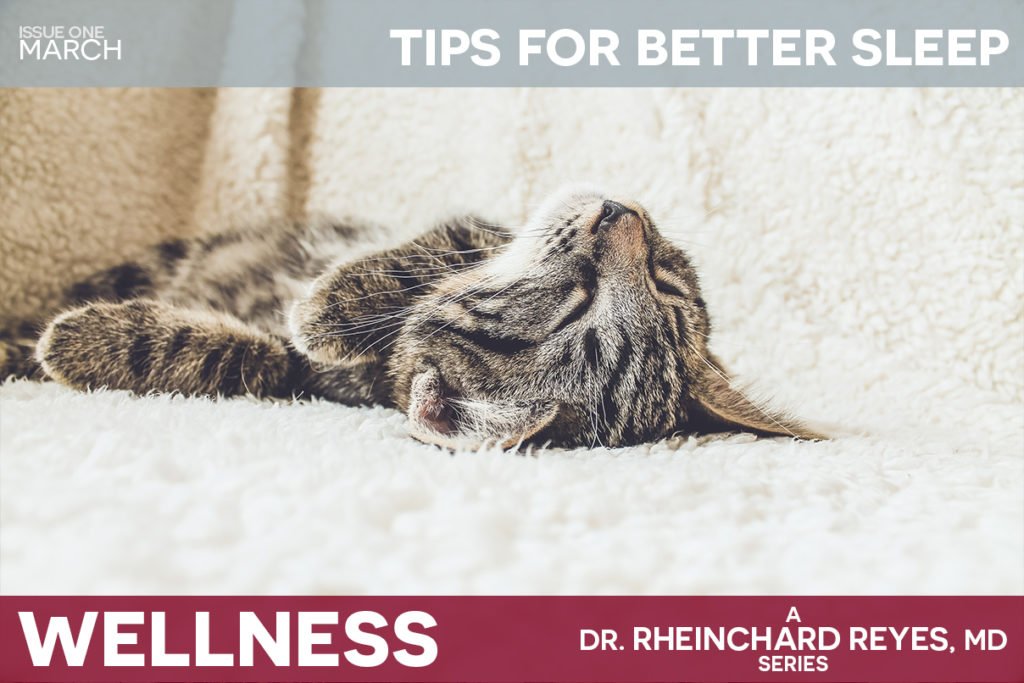Sleep is crucial to our health and wellbeing and when you don’t get enough of it, it can negatively impact your quality of life. Not getting proper rest can make you feel short tempered and cloudy in the mind but there are other more serious effects like elevated risk for heart disease, high blood pressure, diabetes, and more. According to the National Sleep Foundation adults and young adults need about 7 to 9 hours of sleep every day. If you feel you need to improve your sleep hygiene, these tips can help when practiced regularly:
Daily habits
Certain habits have a direct effect on your sleep. If you’re finding it difficult to fall asleep or achieve quality sleep, avoid afternoon naps and stimulants like nicotine, alcohol, caffeine. Heavy meals before bedtime can also disrupt sleep by causing discomfort from indigestion.
Bedtime rituals
What you do before you fall sleep affects how quickly you fall asleep, the quality of sleep you get, and how long you remain asleep. Before going to bed, it’s best to avoid or minimize exposure to bright lights, electronics and activities that cause stress, anxiety or excitement to ensure restful sleep.
Sleep schedule
Sticking to a sleep schedule helps regulate your circadian rhythm (internal clock). Falling asleep and waking up every day at the same time, including weekends, can improve your quality of sleep by helping your body fall asleep and stay asleep. Try getting sunlight when you wake up each morning and avoid bright lights at night to help keep your circadian rhythm regulated.
Sleep environment
You should create a sleep environment that is comfortable and free from distractions. Your mattress and pillows should support your body and your room should be kept cool, quiet and dark. You should also avoid keeping a television in your bedroom and keep any work related items out. Use your bed for sex and sleep only. Check your room every night for any potential sleep interrupters that might be present.
Sleep should be a priority in your daily life and you should treat it like any other important daily activity. If you find yourself experiencing symptoms such as daytime sleepiness or when you expect to be awake and alert, snoring, sleep apnea (gasping or difficulty breathing during sleep), leg cramps or tingling, ongoing insomnia or any other symptom that is keeping you from achieving good sleep, please consult your primary care physician for evaluation.
Sources:
- https://sleepfoundation.org/sleep-tools-tips/healthy-sleep-tips
- https://www.webmd.com/sleep-disorders/features/10-results-sleep-loss#1


